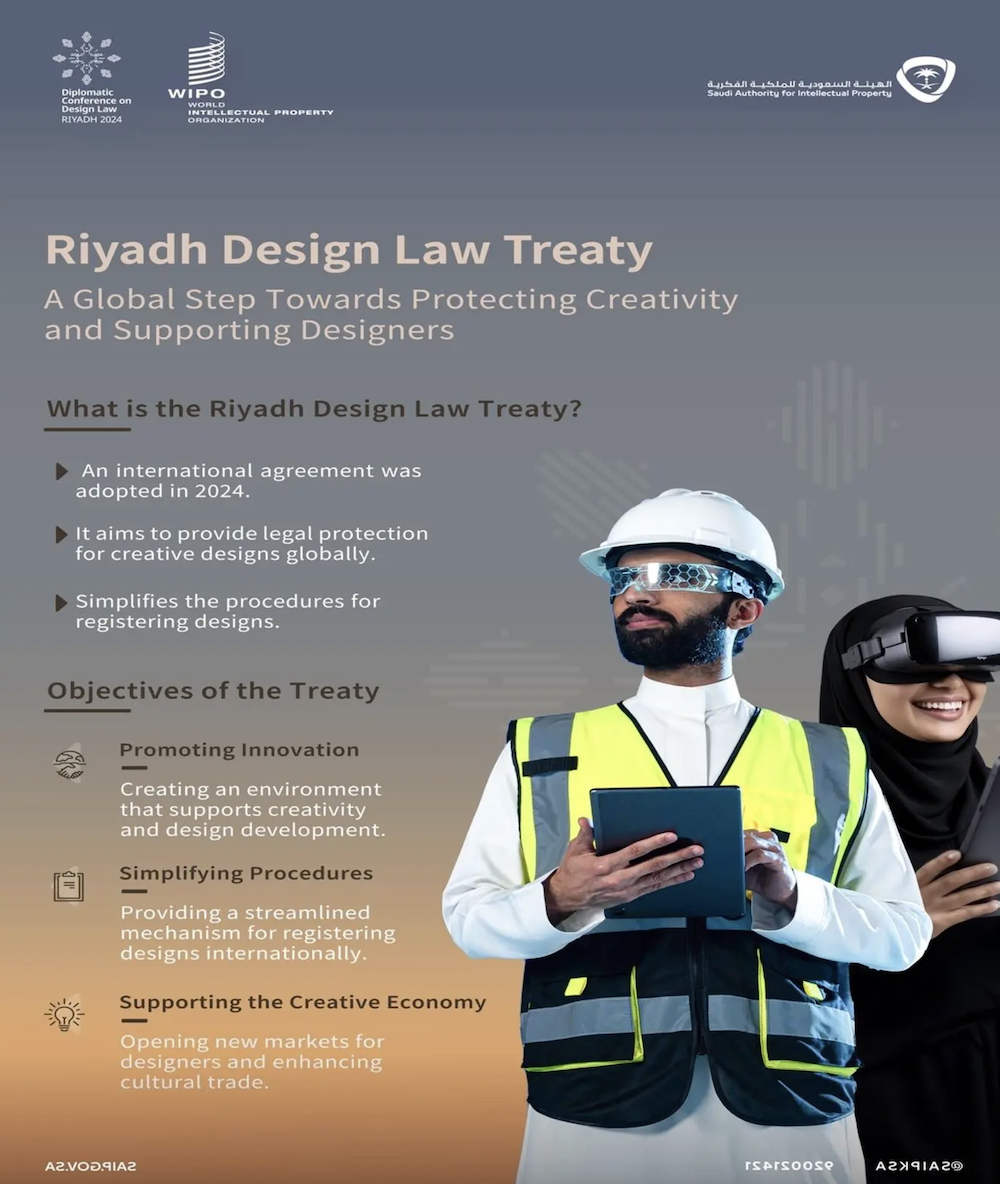RIYADH: Fasting during the holy month of Ramadan is one of the five fundamental pillars of Islam and mandatory for all healthy adult Muslims to observe fast from sunrise to sunset.
For the whole month Muslims are required to refrain from all intake of food, water, beverages, smoking and from husband and wife relations in accordance with the verse from the Holy Qur’an, which says: “Now therefore go unto them and seek what Allah has ordained for you and eat and drink until the white thread of dawn becomes distinct from the black thread, then observe the fast till nightfall.”
The black thread means the darkness of night and the white thread means the light of a day at dawn, so every Muslim can meet his or her needs with regard to food, drink and husband or wife during the night, but when dawn comes he must abstain until sunset.
Besides, smoking, drug intake and the injection of nourishing solutions into the body such as calcium or vitamins are strictly forbidden.
Sultan Ayoub Meo, a professor and consultant in clinical physiology at the College of Medicine, King Saud University, said Ramadan is a lunar calendar based month and its duration varies between 29 and 30 days, therefore the fasting month is brought forward by about 10 days in a year as per Gregorian calendar. This means the season in which Ramadan falls varies and depending on the geographical settings and season, the duration of the daily fast may range from 12 to 20 hours.
Sultan, who is credited with 10 books and about 150 research articles published in bio-medical science journals, said that Ramadan fasting causes many physiological, metabolic, bio-chemical, hormonal and spiritual changes in the body.
“There is an increase marked in electrolytes, urea and uric acid concentration,” he said. “This could be attributed to reduced fluid intake, dehydration, reduced glomerular filtration rate and consequently decreased uric acid clearance.”
Patients with electrolytes disturbances and kidney diseases should consult their physicians while fasting, he advised.
He also noted that Ramadan fasting reduces the waist circumference, basal metabolic index and overall body weight. Body weight and body fat percentage decrease in fasting people.
Scientific literature reports that fasting during Ramadan lead to a significant decrease in a serum total cholesterol, triglyceride, low-density lipoprotein cholesterol (LDL-C), very low-density lipoprotein cholesterol (VLDL-C) and an increase in high-density lipoprotein cholesterol (HDL-C).
“In simple words, Ramadan fasting decreases the bad cholesterol (LDL-C) and increases the levels of good cholesterol (HDL-C,” he underlined.
He said that fasting during Ramadan necessitates changes in lifestyle for the period of a month and lifestyle change has a significant impact on reducing blood pressure and cardiovascular system.
A medical study reported higher HDL-C and lower plasma cholesterol, triglycerides, LDL-C, VLDL-C, BMI, systolic blood pressure, body mass index and waist circumference after Ramadan.
HDL-cholesterol removes excess cholesterol from body cells and transports it to liver by preventing accumulation of cholesterol in blood, he said.
“Ramadan fasting is a healthy non-pharmacological means for improving cardiovascular risk factors and is a good practice for the protection of cardiovascular system,” he underlined.
Dr. Sultan said the scientific study demonstrated that fasting has been effective in diminishing stress, anxiety and depression levels.
He said the glucose metabolic process is regulated by a delicate balance between circulating levels of insulin and counter regulatory hormones that help maintain glucose concentrations in the physiological range.
In patients with diabetes, however, insulin secretion is disturbed by the underlying pathophysiology and often by pharmacological agents designed to enhance or supplement insulin secretion, he added.
In patients with severe insulin deficiency, a prolonged fast in the absence of adequate insulin can lead to excessive glycogen breakdown and increased gluconeogenesis and ketogenesis, leading to hyperglycemia and ketoacidosis.
Therefore, diabetic patients should consult their physicians a month before the Ramadan fasting, he advised.
He said fasting people consume on an average of 1,220 calaries per day during Ramadan and lose about 2 kg in body weight. Physicians should guide the subject about the nutrition, complex carbohydrates may be advisable at the predawn meal, while foods with more simple carbohydrates may be more appropriate at the sunset meal.
It is also suggested that intake of fruits, vegetables and fluids must be increased during non-fasting hours, said the expert.
Among healthy adults, there are no adverse effects of Ramadan fasting on the brain, heart, lung, liver, kidney, hematologic, endocrine profile and cognitive functions, he said.
Pregnant women with diabetes, he said are exempted from fasting during Ramadan, but some with known diabetes insist on fasting and these women constitute a high-risk group. Their management requires intensive care.
Fasting during Ramadan is not only spiritually beneficial, but it has physical, psychological, social and health benefits.
Many Muslim patients with chronic illnesses insist on fasting despite Islamic rules that permit exemption in case of illness. In that case it is important for physicians to have decision-making guidelines when consulted about patient insisting on fasting.






























